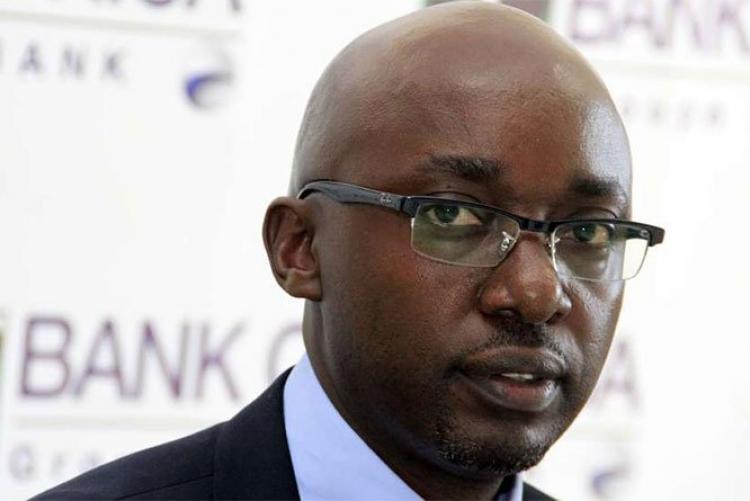The Kenyan branch of Bank of Africa (BOA) is set to receive $5 million (Sh535 million) worth of insurance against loan defaults from the International Finance Corporation (IFC).
BOA intends to expand its lending to small and medium-sized firms by up to $10 million (Sh1 billion) and will get guarantees on half the amount from the international financier.
The discussions with IFC come at a time when the bank has registered losses, forcing it to reduce lending amid breach of critical capital buffers.
“The proposed risk-sharing facility (RSF) will be up to $5 million (Sh535 million) and will cover credit risk taken by BOA on its portfolio of SME loans which can amount to up to $10 million (Sh1 billion) in local currency equivalent,” IFC said in its investment disclosures.
“This project will support the bank as it grows its lending into the SME sector.”
IFC says it offers risk-sharing facilities to help banks expand their lending to new customers or sectors in which little or no historical performance data may be available to estimate potential losses. The facilities can also be used to overcome limits placed on lending to a single borrower or industry.
Besides underwriting part of the bank’s loans portfolio, IFC will also supply technical advisory services to help in the identification of the borrowers and disbursement of credit.
Firms that are expected to benefit from BOA’s new loans are those fitting IFC’s set criteria such as having between 10 and 300 employees or annual sales of Sh10 million to Sh1.5 billion.
The loan size per borrower will range from Sh1 million to Sh200 million.
The upcoming risk-sharing facility comes at a time when BOA’s breach of capital ratios has worsened, with the lender moving to raise additional capital of $15 million (Sh1.6 billion) from its Mali-based parent company BOA Group SA.
Its core capital to deposit ratio, for instance, dropped to 5.6 per cent in the quarter ended March, trailing the minimum level of eight per cent by 2.4 percentage points.
The bank reported a net loss of Sh289.9 million in the review period, reversing a net profit of Sh29.9 million the year before. Its loan book shrunk to Sh15.5 billion from Sh21.5 billion.

